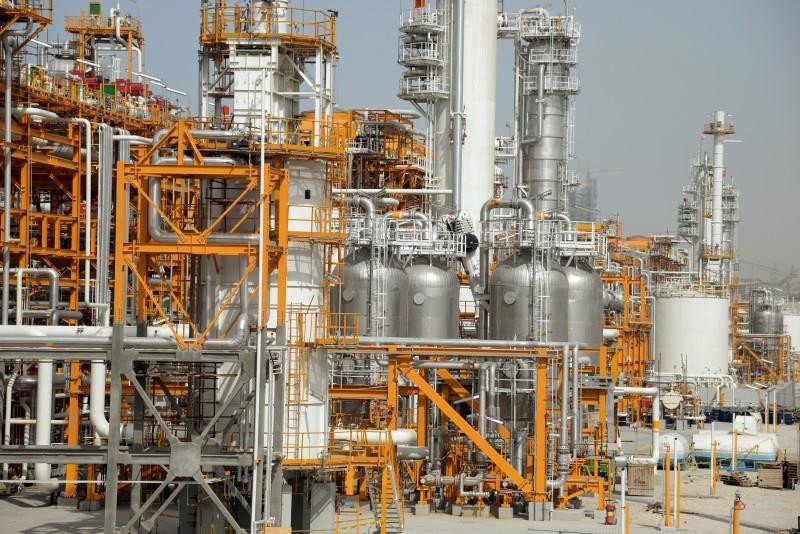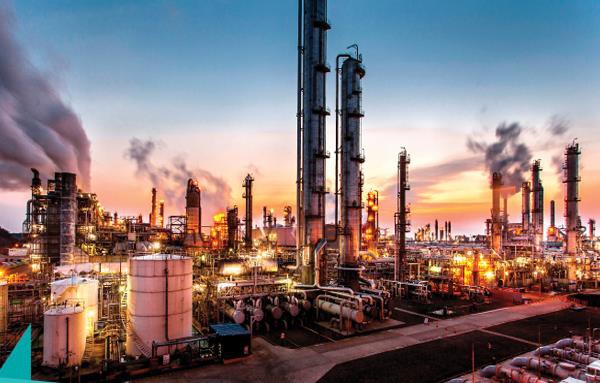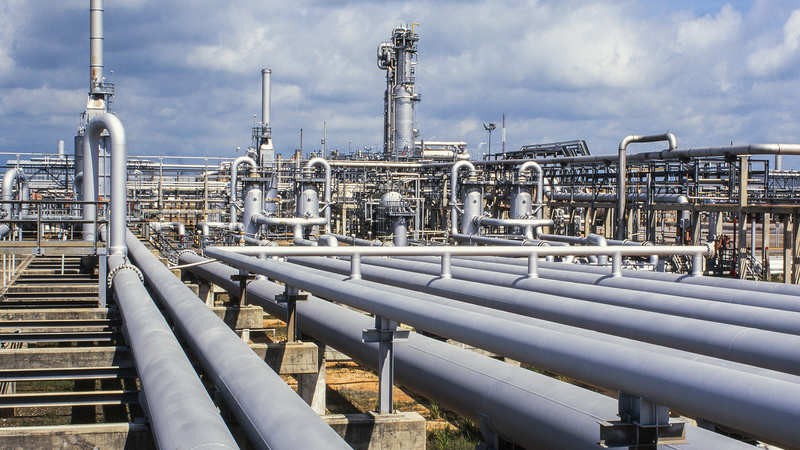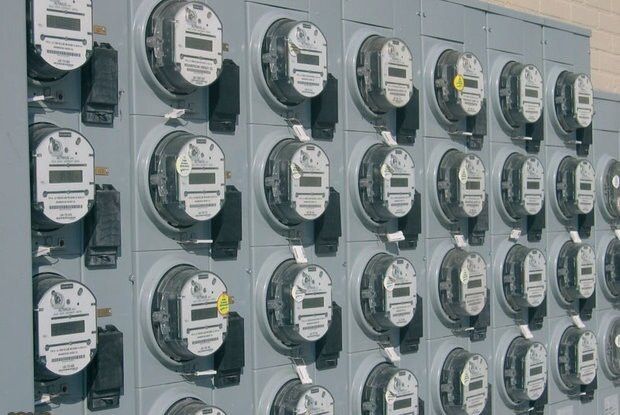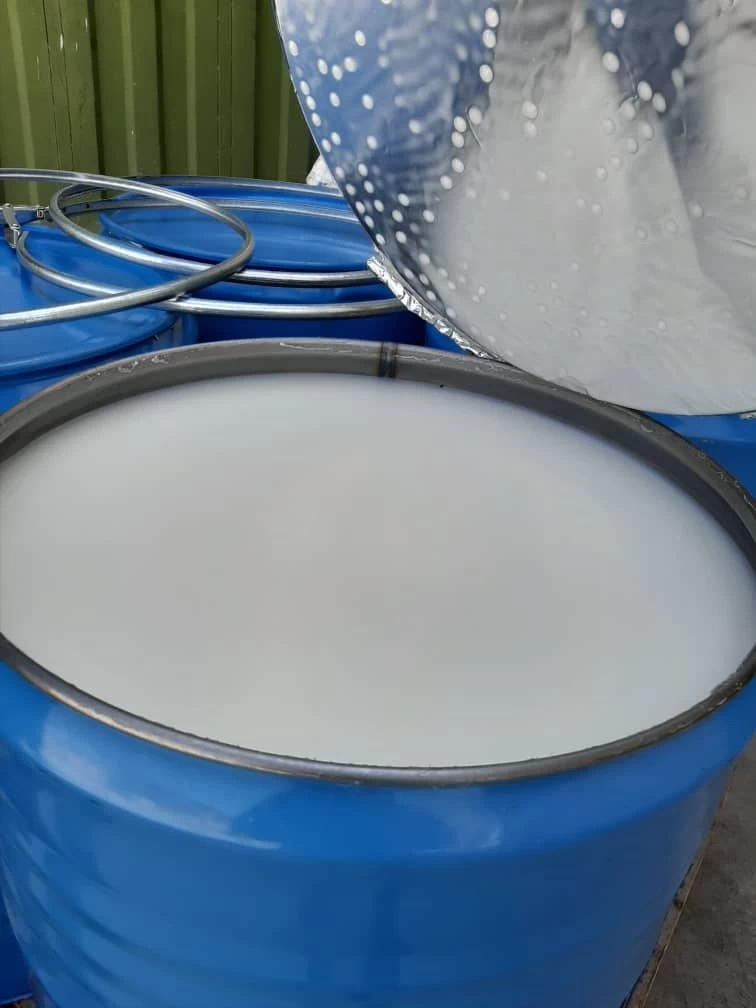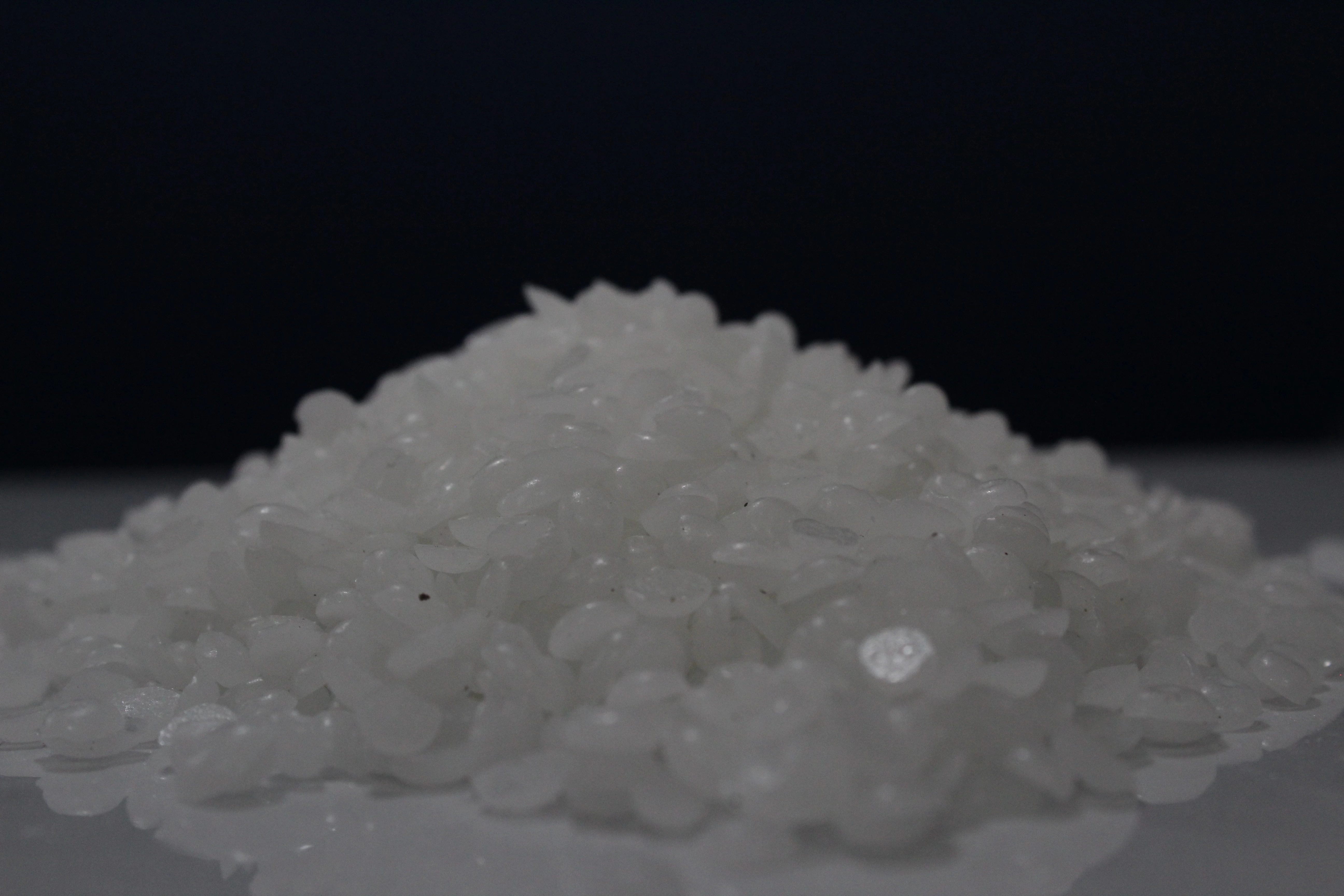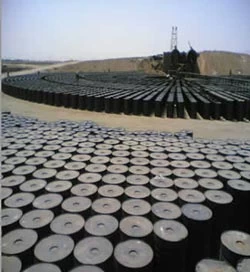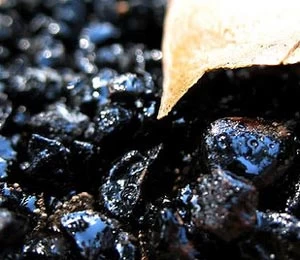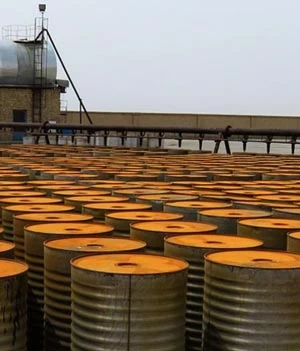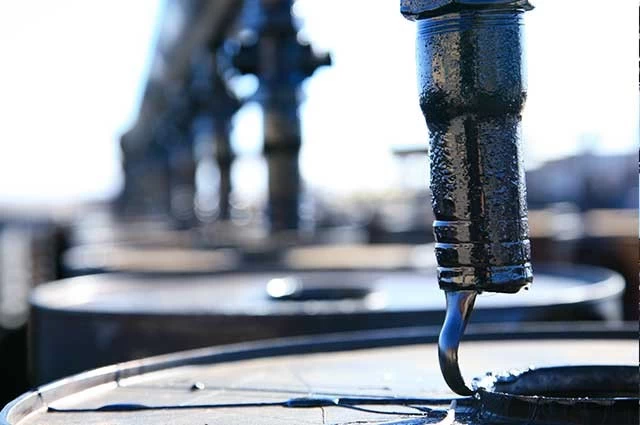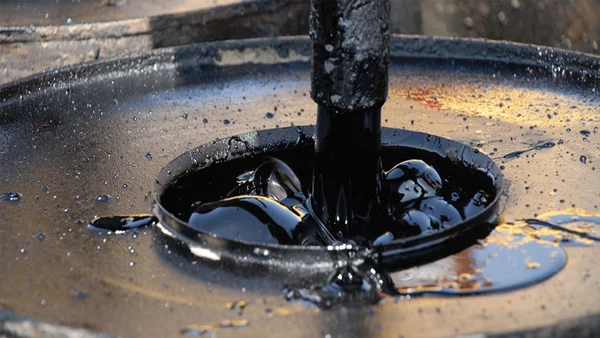Oil, gas, petrochemical
Oil, gas, and petrochemicals play crucial roles in the global energy landscape. Oil and gas are primary sources of energy, used for transportation, heating, and electricity generation. Petrochemicals, derived from oil and gas, are essential in the production of various products, including plastics, fertilizers, and chemicals.
The extraction of oil and gas involves exploration, drilling, and refining processes. These industries have significant economic and geopolitical implications, as many countries heavily depend on oil and gas exports for revenue. However, the environmental impact, including carbon emissions and the potential for oil spills, raises concerns and drives efforts toward cleaner energy alternatives.
Petrochemicals contribute to various industries, creating materials that are integral to modern life. Plastics, for instance, are widely used in packaging, construction, and consumer goods. Balancing the economic benefits with environmental sustainability remains a challenge in the oil, gas, and petrochemical sectors.
Oil, gas, and petrochemicals have diverse uses in daily life:
1. Transportation: Gasoline and diesel, derived from crude oil, power vehicles, airplanes, and ships, facilitating global transportation.
2. Heating and Electricity: Oil and gas are vital for heating homes and generating electricity, supporting various industries and households.
3. Plastics: Petrochemicals are the building blocks of plastics used in packaging, electronics, medical devices, and countless other everyday items.
4. Fertilizers: Petrochemicals contribute to the production of fertilizers, enhancing agricultural productivity and supporting global food supply.
5. Chemical Manufacturing: Various chemicals, pharmaceuticals, and synthetic materials are derived from petrochemicals, impacting industries such as textiles and pharmaceuticals.
6. Construction: Petrochemicals are used in construction materials like adhesives, sealants, and insulation.
7. Clothing and Textiles: Synthetic fibers, like polyester, are made from petrochemicals and widely used in clothing and textiles.
While these applications enhance modern living standards, the environmental impact and finite nature of fossil fuel resources have prompted a push toward sustainable alternatives and cleaner energy sources.
Countries rich in oil, gas, and petrochemical resources often benefit from significant economic advantages.


Some of the notable ones include:
1. Saudi Arabia: A major player in the oil industry, Saudi Arabia possesses vast oil reserves and is a key exporter.
2.Russia: Rich in both oil and natural gas, Russia is a major supplier to global markets, particularly in Europe and Asia.
3. United States: The U.S. has substantial oil and gas reserves, and advancements in technology, like shale oil extraction, have boosted domestic production.
4.Canada: Canada is known for its extensive oil sands, making it one of the largest global suppliers of unconventional oil.
5. Iraq: Iraq holds significant oil reserves, and its oil industry plays a crucial role in the country's economy.
6. United Arab Emirates (UAE):The UAE, particularly Abu Dhabi, is rich in oil resources, contributing significantly to its economic prosperity.
7. Iran: With abundant oil and natural gas reserves, Iran has a substantial presence in the global energy market.
These countries often wield influence in global energy geopolitics and experience economic benefits, but they also face challenges related to market volatility and the need for diversification to ensure long-term sustainability.
Countries rich in oil, gas, and petrochemical resources often play crucial roles in global exporting.
Here are key aspects of their role:
1. Economic Significance: Oil-exporting countries derive a substantial portion of their revenue from exports, contributing significantly to their economic development.
2.Global Energy Supply: These nations, often referred to as major energy exporters, play a pivotal role in supplying the world with oil and gas, influencing global energy prices.
3.Geopolitical Influence: Exporting countries hold geopolitical sway due to their control over energy resources. This can impact international relations and diplomatic strategies.
4. Diversification of Products: Petrochemical-rich countries export not only crude oil and natural gas but also a range of petrochemical products, including plastics, chemicals, and fertilizers.
5. Trade Balances: Energy exports contribute to positive trade balances for these nations, providing funds for infrastructure development and other economic initiatives.
6. Global Energy Security: Dependence on a few major exporters can create vulnerabilities in global energy security. Changes in the policies of these countries or disruptions in their production can have widespread impacts.
7. Investment Opportunities: Exporting countries often attract foreign investment in their energy sectors, fostering economic partnerships and collaborations.
However, the reliance on energy exports can also pose challenges, as it makes these countries vulnerable to fluctuations in global energy prices and market dynamics. Efforts to diversify economies and invest in sustainable development become crucial for long-term stability.


Iran is a significant player in the global oil and gas industry, and its condition in this context is shaped by various factors:
1. Oil Reserves: Iran possesses some of the world's largest proven oil reserves, making it a major exporter of crude oil. These reserves contribute significantly to Iran's economic strength.
2.Geopolitical Influence: Due to its strategic location and substantial energy resources, Iran holds geopolitical influence in the Middle East and beyond. However, geopolitical tensions and sanctions have impacted its ability to fully capitalize on its energy potential.
3. Export Challenges: Sanctions imposed on Iran, particularly by the United States, have restricted its ability to export oil and gas freely. These sanctions have had economic consequences and have led to fluctuations in Iran's energy exports.
4. Petrochemical Industry: Iran has a well-established petrochemical industry, exporting various products derived from its abundant natural gas and oil resources. This industry contributes to the country's revenue diversification.
5. Market Dynamics: Iran's position in the global energy market is influenced by market dynamics, including fluctuations in oil prices, demand trends, and competition with other major oil-producing nations.
6.Domestic Consumption: Despite being a major oil exporter, Iran also has substantial domestic energy consumption, which impacts its overall energy balance.
Iran's condition in the oil, gas, and petrochemical sectors is dynamic and influenced by both internal and external factors. The country faces challenges related to international sanctions, which have implications for its economic stability and energy industry development.




Iran is a significant player in the global oil and gas industry, and its condition in this context is shaped by various factors:
FAQs
What does the word petrochemicals signify?
petrochemical refers to chemicals and products derived from petroleum or natural gas, including plastics, fertilizers, and various industrial chemicals.
Which of the energy sources are renewable?
Renewable energy sources include : solar, wind, hydroelectric, geothermal, and biomass.
What are the problems with petrochemicals?
Environmental pollution, greenhouse gas emissions, and dependence on finite fossil fuel resources are key problems associated with petrochemicals.
What are the important petrochemical products?
important petrochemical products include plastics, fertilizers, synthetic fibers, detergents, and various industrial chemicals.
 +7929688-88-14
+7929688-88-14

 English
English
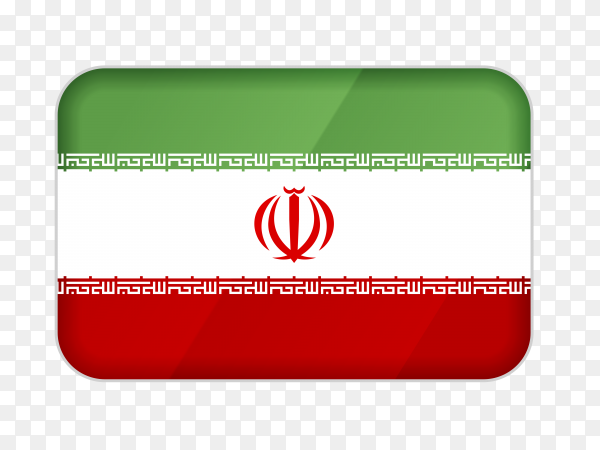 Persian
Persian
 Russian
Russian
 Chinese
Chinese


 +7929688-88-14
+7929688-88-14

